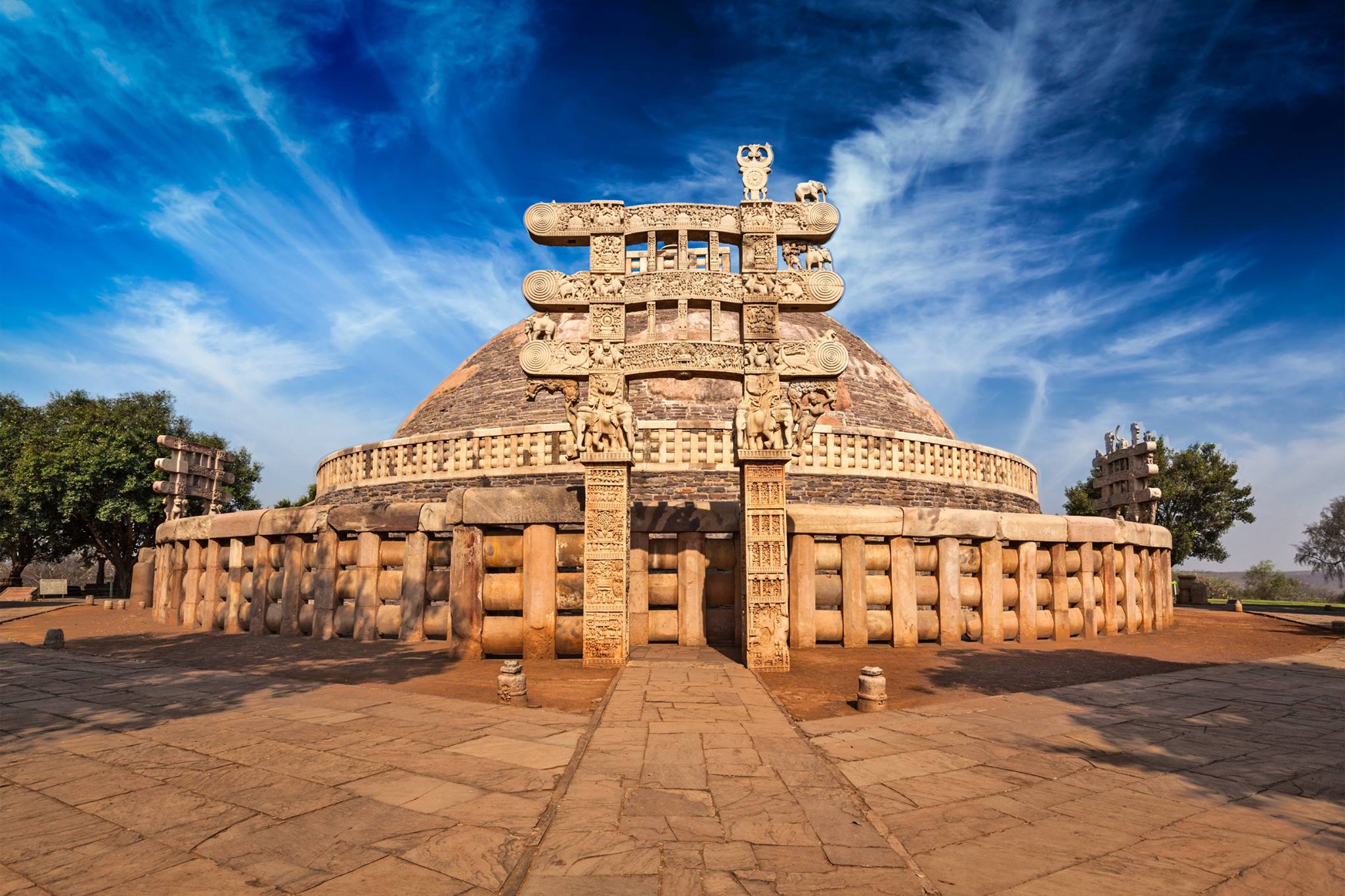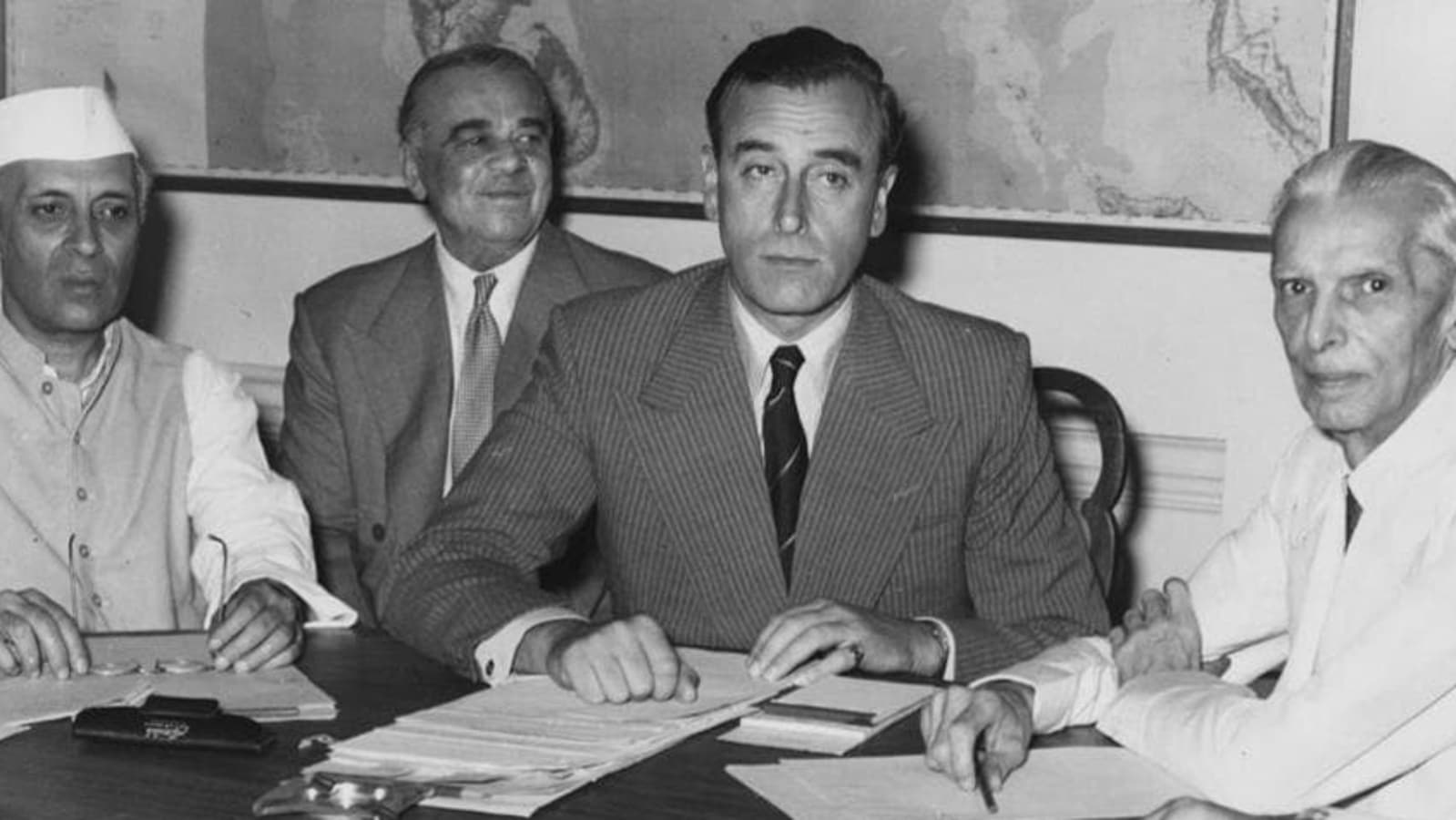The History Of India
History of India
Ancient India (c. 3300 BCE - 1200 BCE)

India's history traces back to around 3300 BCE, where the earliest known civilization, the Indus Valley Civilization, flourished in what is now modern-day Pakistan and northwest India. This civilization was remarkable for its advanced urban planning and drainage systems in cities like Mohenjo-Daro and Harappa. Around 1500 BCE, Indo-Aryan tribes migrated into the region, introducing Vedic civilization and the Sanskrit language. The Vedas, the oldest sacred texts of Hinduism, were composed during this period, marking the beginning of classical Indian culture.
Classical Period (c. 320 BCE - 650 CE)

India's classical period, spanning from around 320 BCE to 650 CE, was marked by the rise of several powerful dynasties. The Maurya Empire, under Chandragupta Maurya and later his grandson Ashoka the Great, unified most of the Indian subcontinent in the 3rd century BCE. Ashoka's reign, known for its promotion of Buddhism and edicts inscribed on pillars and rocks, left a lasting impact on Indian history. The Gupta Empire (4th to 6th century CE) is considered the "Golden Age" of India, characterized by flourishing art, science, mathematics, and literature, exemplified by scholars like Aryabhata and Kalidasa.
Medieval India (c. 650 CE - 1857 CE)

The medieval period in India witnessed the rise and fall of several empires and dynasties. The Delhi Sultanate, established in the 13th century by Turkic rulers, introduced Islam to the Indian subcontinent. This period saw the synthesis of Indian and Islamic cultures, exemplified by architectural marvels like the Qutub Minar and the Jama Masjid in Delhi. The Mughal Empire, founded by Babur in the 16th century, unified much of the Indian subcontinent and left a lasting legacy in art, architecture, and governance.
Colonial India (c. 17th century - 1947)
The arrival of European powers, particularly the British East India Company in the 17th century, marked the beginning of British colonial rule in India. Through a series of battles, treaties, and administrative policies, the British gradually expanded their control over the subcontinent. The Indian Rebellion of 1857, also known as the First War of Indian Independence, marked a significant resistance against British rule. However, British control was restored, leading to the formal establishment of British India as a colonial possession. The Indian National Congress, founded in 1885, played a crucial role in the independence movement, advocating for self-rule and Indian representation in governance.
Independence and Partition (1947)

India gained independence from British rule on August 15, 1947, following a prolonged struggle led by figures like Mahatma Gandhi, Jawaharlal Nehru, and others. However, independence was accompanied by the partition of British India into two separate nations: India and Pakistan. The partition, based on religious lines, led to widespread violence, displacement, and loss of life. Millions of Hindus, Muslims, and Sikhs migrated across the newly formed borders, resulting in one of the largest human migrations in history.
Modern India (1947-present)
Since independence, India has experienced significant social, political, and economic changes. It adopted a democratic system of governance, drafted a constitution, and became a republic in 1950. India has made strides in various fields, including science and technology, agriculture, space exploration, and industry. Notable achievements include the Green Revolution, which transformed agricultural practices, and the successful launch of satellites and missions by the Indian Space Research Organisation (ISRO). However, India continues to grapple with challenges such as poverty, inequality, communal tensions, and regional conflicts, as it strives for inclusive growth and development.
Comments
Post a Comment